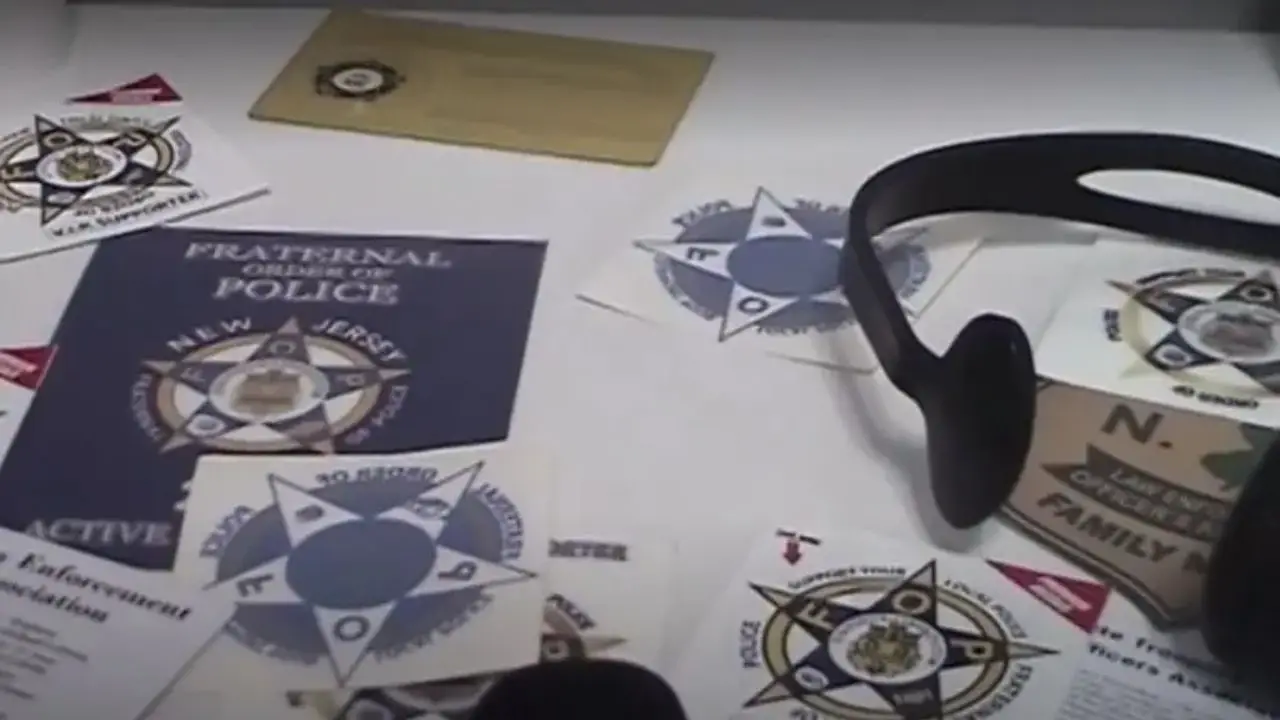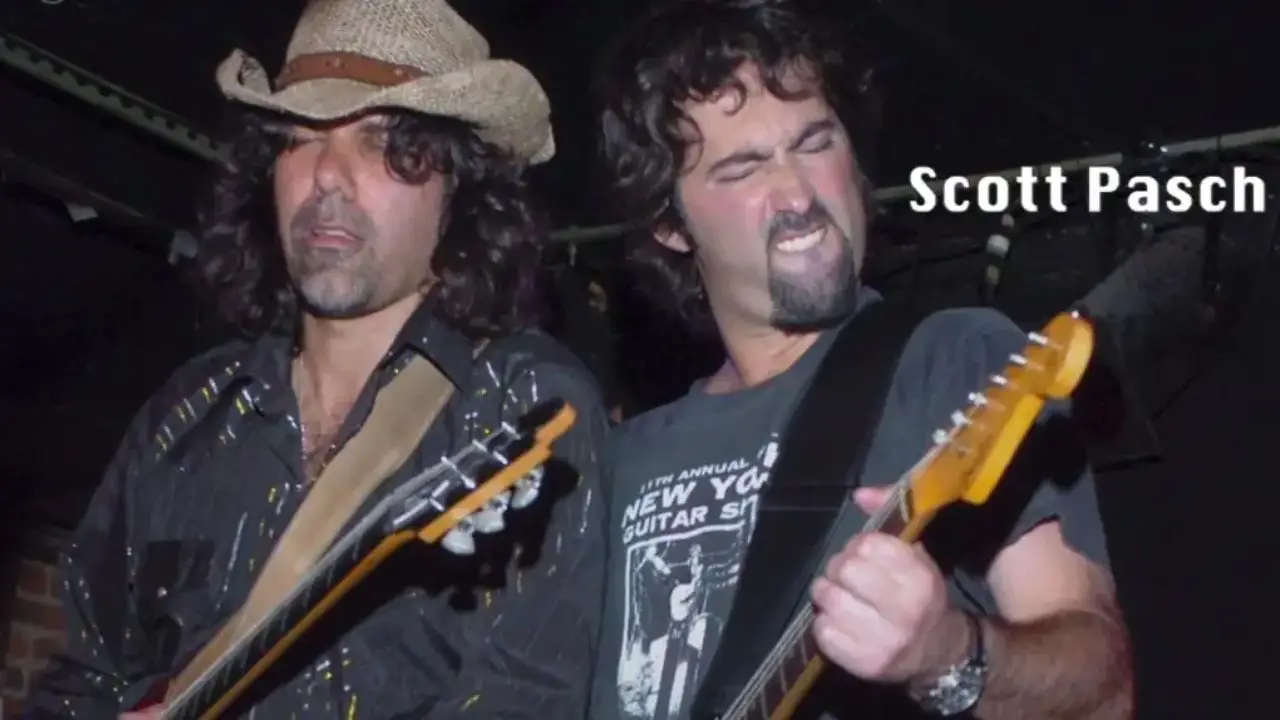As of this writing, Scott Pasch's net worth has not been revealed to the public. However, we do know that his fortune skyrocketed after he scammed people through donations.
Fans have never looked at an unknown phone call the same way since HBO Max aired its thrilling new docuseries Telemarketers. The documentary, produced by Danny McBride and the Safdie Brothers, debuted its first episode on the streaming service on Aug 13, kicking off a three-part run that is set to expose the telemarketing industry and its decades-long history of workplace malpractice and scams.
For those who need a refresher on Telemarketers before episode 2, the show follows callers Sam Lipman-Stern and Pat Pespas of Civic Development Group. Throughout their time at CDG, the team records video recordings of everything from open drug usage in the office to more sinister policies including fraudulent fundraising.
On the other hand, many people are interested to know the net worth of Scott Pasch, whose scam is revealed in the HBO documentary. Well, let's get started.
Scott Pasch’s Net Worth Has Yet Not Been Revealed Publicly!
According to reports, Scott Pasch's net worth is unknown as he has yet not made it public. Talking about his source of income, he previously was the founder of Civic Development Group (CDG), a telemarketing company based in New Jersey, with a call center operating out of an office in New Brunswick along with his partner David Keezer.
 Scott Pasch's net worth is yet to be disclosed.
Scott Pasch's net worth is yet to be disclosed.
Image Source: The Scope Of Practice
However, the Federal Trade Commission, a government organization that administers federal consumer protection laws to prevent fraud, filed a lawsuit against CDG for deceiving donors into thinking they were donating directly to charities helping police, firefighters, and veterans.
The company repeatedly promised contributors that the aforementioned organizations would receive 100% of the monies raised when in reality, they only received 10-15%.
According to an FTC document, the agency initially sued CDG in 1998 for fraudulently representing that their donations would be utilized locally to purchase bullet-proof vests and offer death benefits to the surviving family members of fallen cops.
Later, in 2007, the Department of Justice filed a new case alleging that the defendants violated the previous FTC ruling by referring to themselves as consultants who worked separately from CDG.
The complaint was settled in 2010, and the CDG was barred from soliciting donations, and founders Scott Pasch and David Keezer were fined $18.8 million for violating the FTC ruling. Pasch and Keezer turned up a $2 million residence, artwork by Picasso and Van Gogh (worth $1.4 million), a guitar collection, jewelry, three Mercedes, two Bentleys, a Range Rover, and a Cadillac Escalade, among other assets, as featured in Telemarketers.
It was the largest-ever civil penalty in an FTC consumer protection lawsuit at the time. However, they were not charged with any crime, and they were not sentenced to any jail time.
What Happened to Civic Development Group (CDG)? Why Was the Company Shut Down?
When the HBO Max's docuseries, Telemarketers, sought to interview subjects about their emotions about the shutdown, giving Civic Development Group (CDG) employees a voice. One employee recalls being surprised because there were always rumors about the company closing down. However. they were never implemented.
 Civic Development Group was shut down because their work for the company's corporate ancestor mislead customers.
Civic Development Group was shut down because their work for the company's corporate ancestor mislead customers.
Image Source: The Cinemaholic
Later, he received a phone call from HR informing him that the office would be closing down immediately on December 2, 2009. He stated that his immediate thought was, “But we’re doing good! What are you talking about?” After discovering the extent of the telemarketing technique, the employee became outraged. According to him,
They told me this cat had a fucking house on both ends of the lake… They said he had to liquidate all his artwork. And I’m begging old ladies for $10 donations? Get the fuck out of here.
Similarly, Pad Pespas, who frequently set sales records for the company, commented on the litigation and voiced disappointment with the Federal Trade Commission's meager penalties. He explained
This was nothing but a cash cow. This was a pass in a geezer’s personal checkbook. ‘Oh please donate to me, I need a new Corvette.’ They couldn’t share. They couldn’t live with 90% of the money. They wanted 100% of the money andthen to lie to you about where it’s going. You think that fine meant anything? It meant nothing.
Pespa went on to say that Pasch had a band called J. Henry that sucked and that he remembered seeing infomercials for. The former CDG employee explained,
Can you imagine you’re an old lady and you donate money thinking it’s going to the cops down the street, and these clowns take that money and just make shitty records with it. The thing I don’t understand is how they got away with it without going to jail,” said the former CDG employee.
He concluded,
If I ripped off all that money in the name of the police, I’d be in jail. But these guys… I guess what they say is true: If you got money in this country, you don’t have to worry about a thing.

